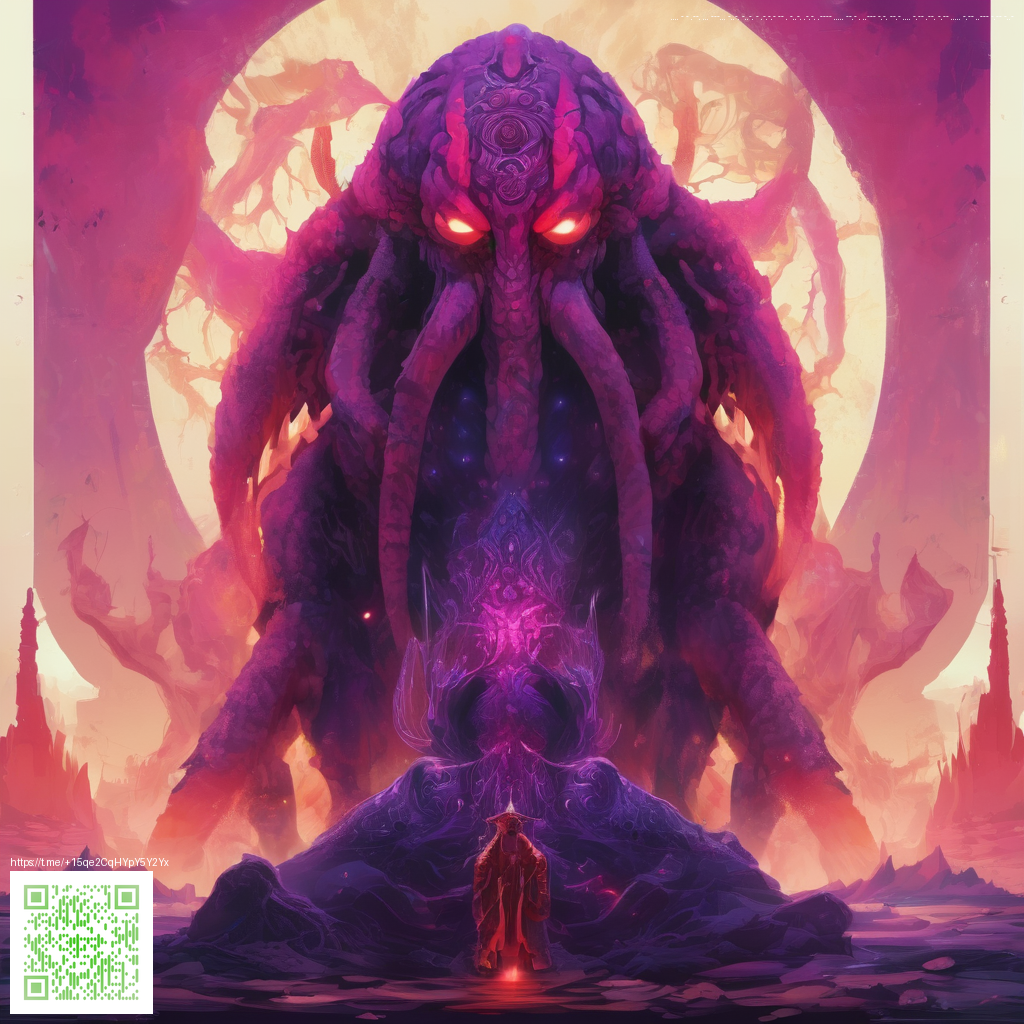
Deltarune on PC A deep dive into server performance and stability
When a beloved single player adventure brushes up against community driven experiments and fan made tools, the performance story often shifts from raw frame rates to the reliability of systems that support mods, save transfers, and shared experiences. For PC players diving into Deltarune, the last several patches and the chatter from the community have centered on how smoothly the game runs as new content stacks up and as more players push the engine beyond its original expectations. This piece breaks down what matters most to players who want consistent play, how patches are shaping stability, and what the community is saying about the evolving technical landscape.
What drives performance on PC in a primarily offline title
Official servers are not the core pillar of Deltarune, but a wide array of community tools, mods, and fan projects can introduce new loads on the engine. The GameMaker Studio heritage behind the game means developers and fans alike watch for updates that optimize load times, memory usage, and multicore behavior. In practice this translates to smoother boss fights, quicker scene transitions, and fewer stutters when fans test large Mods or custom content packs. In short, stable performance on PC hinges on how well engine level updates and fan driven patches mesh with the game’s existing architecture.
Patch coverage and engine updates shaping the horizon
Industry chatter and official signals point toward a concerted effort to bolster compatibility as Deltarune scales with new chapters. A notable thread of discussion around a GameMaker LTS update suggests that the engine update will help the game run more consistently as content complexity grows. While exact dates can shift, community reports align with the expectation that a more robust engine baseline will reduce odd stability quirks during long play sessions and in mod heavy setups. On the PC side, players are watching for smoother saves, faster loading, and fewer edge case crashes as development pivots toward chapters that may arrive later in the year.
Community insights from the front lines
Reddit threads and forum conversations highlight a few recurring themes. First, load times during transitions between scenes and new content tend to be the most noticeable bottleneck, especially on mid range systems. Second, fan mods that alter scenes or introduce new mechanics can interact with the engine in unpredictable ways, underscoring the value of compatibility patches from both the community and the developers. Finally, conversations around cross platform saves and data portability emphasize the desire for a stable baseline that keeps progress consistent when moving between devices or game builds. For PC players who blend vanilla play with modded experiences, the key takeaway is patience and vigilance as patches land and as the community tests new configurations.
Modding culture and performance experimentation
Modding culture around Deltarune is vibrant, with creators exploring quality of life tweaks and engine level adjustments that can influence performance footprints. The constructive side of this culture pushes the envelope on what is possible, while the practical side pushes publishers and developers to consider resilience when fans extend the game’s lifetime. Expect to see threads comparing frame pacing before and after patches, guides on reducing memory pressure, and tips on how to safely test mods without destabilizing your entire save set. The ongoing dialogue between modders and the core team fuels a shared curiosity about how future updates will stabilize complex setups on PC.
Developer commentary and the road ahead
From official updates to community notes, there is a clear emphasis on stabilizing the platform as new content arrives. The broader narrative hints at a stronger focus on engine stability and cross chapter save integrity, with hints that a GameMaker LTS update will play a crucial role in supporting more expansive content without sacrificing performance. The sense from both observers and insiders is that 2025 will bring a steadier baseline for the PC experience as the team fine tunes how data is loaded, saved, and carried across updates. This alignment matters not just for the player who runs a clean vanilla build, but for anyone dabbling with fan tools that push the engine beyond its original scope.
As the team lines up the next series of patches, stability and save reliability sit near the top of the priority list. The goal is not just more content but a smoother, more predictable experience that respects players time and effort across platforms
For players who want to maximize their PC experience today, practical steps still matter. Keep graphics drivers up to date, check for the latest game patch notes, and test mods in a controlled setup before integrating them into a long session. While the engine learning curve exists, the community’s patience and the developer’s commitment point toward a more stable year ahead. The balance between embracing new chapters and preserving a solid performance baseline is a shared challenge that fans and creators are eagerly meeting with every test run and feedback thread.
Want a quick peek at the practical path forward for your setup Let us anchor a simple action plan you can try this weekend. Update your GPU drivers, enable a clean boot if you are testing mods, and time your runs with and without certain mods to isolate performance changes. It is a small but meaningful way to contribute to stability as the community explores higher content ceilings together 🎮
To stay plugged into the latest official and community developments you can explore the product linked below for a handy accessory that makes your gear pop while you test new builds in comfort
Neon Phone Case with Card Holder MagSafe Card Storage